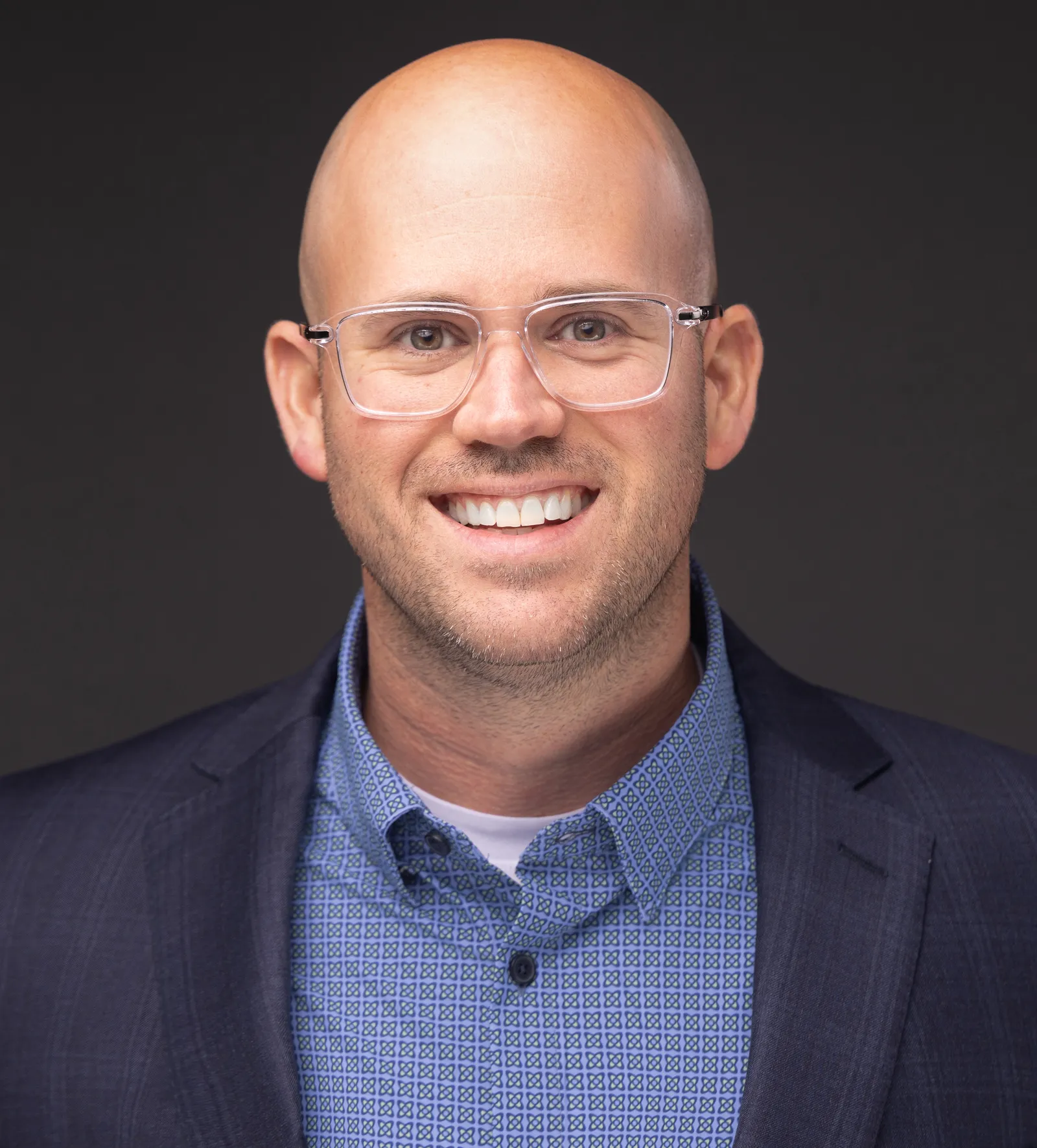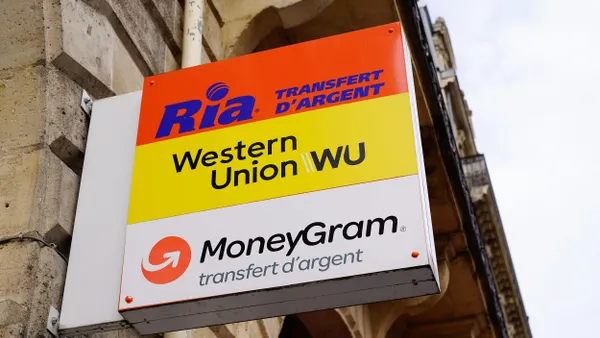Government entities typically aren’t the first to adopt new technologies, but software company Tyler Technologies aims to help its public sector clients get up to speed in the payments world, said the company’s senior VP of payments, Sloane Wright.
For Tyler, that includes using artificial intelligence and machine learning tools, as well as enhanced data, to root out fraud for government clients, Wright said. The Plano, Texas-based company offers software and technology services for the public sector; among those are payment and disbursement services.
Tyler serves local municipalities, state governments, courts and some federal government customers, Wright said. He noted that the opportunity at the federal level “is a little bit more challenging.” The federal government has its own payment system called Pay.gov, a program of the Treasury Department.
In the last year, Tyler’s data and insights platform helped uncover driver’s license fraud at one government entity, Wright said. “Most of our government clients don’t have access to a data scientist” or artificial intelligence tools, and that’s one aspect where Tyler can support government bodies, Wright said during a Jan. 4 interview with Payments Dive.
Editor’s note: This interview has been edited for clarity and brevity.
PAYMENTS DIVE: What broad trends are you seeing currently in the government payments arena?
SLOANE WRIGHT: One is digital disbursements and how to help the government be more efficient in moving money out. The other trend that we’re seeing is around enhanced fraud mitigation. Governments are historically low risk, but what kinds of things can be done, especially at the payments layer, to be able to help with that? Data and insights is a big one right now and getting a lot of attention; and then lastly, network tokenization and what kind of efficiencies that can create.

Where does Tyler see opportunity for growth?
Last year, we processed upwards of about 440 million transactions, and that accounted for about $50 billion. The government moves money in the trillions, so there’s a ton of opportunity.
Our connected strategy – we have somewhere around 40,000 technology installations across the country – has been a large part of our growth thus far. We've seen a lot of success in juror payments, and part of that is because we have jury management solutions and those types of things, so we have paired products. We’ve seen a lot in the inmate release space, and that’s because we have jail management products. It’s kind of a connected solution. But our payments solutions are an agnostic play, and so we’re looking at the country as a whole.
As far as payment or disbursement methods, how are those evolving in the public sector?
From a payments into the government perspective, we see large adoption of credit and debit card; between those two, it’s pretty close to a split. We also see probably 10% or so of transactions lean toward e-check or ACH mechanism for payments. We’re also tracking a high level of mobile device usage. A lot of our end users are entering our systems and solutions with a mobile phone. That’s where we’ll start to see some efficiencies for government and meeting the consumer where they want to be, with things like Apple Pay and some of those digital wallet products.
On payments going out: As a company, we do somewhere around 10 million disbursements per year, and we feel like we’re just scratching the surface. We definitely have more payments than digital disbursements, but we feel like the digital disbursements side of the house is starting to get an uptick and a lot of interest from the government community. Because they’re largely still in the paper check and ACH business.
There’s the cost of cutting a check – it’s anywhere between $8 and $12 for a government entity to cut a check – but there’s also the other side, which is how do you handle the unbanked or underbanked community? If they receive a check from government, you can imagine the fees associated with trying to get that check cashed. Because of that, we’re seeing an uptick in things like issuing prepaid debit cards, or even being able to transfer money to a PayPal or Venmo account. We feel like the opportunity in disbursements is as large as the opportunity in payments.
Correction: This story has been updated to clarify Wright’s title. He is senior VP of payments at Tyler Technologies.













